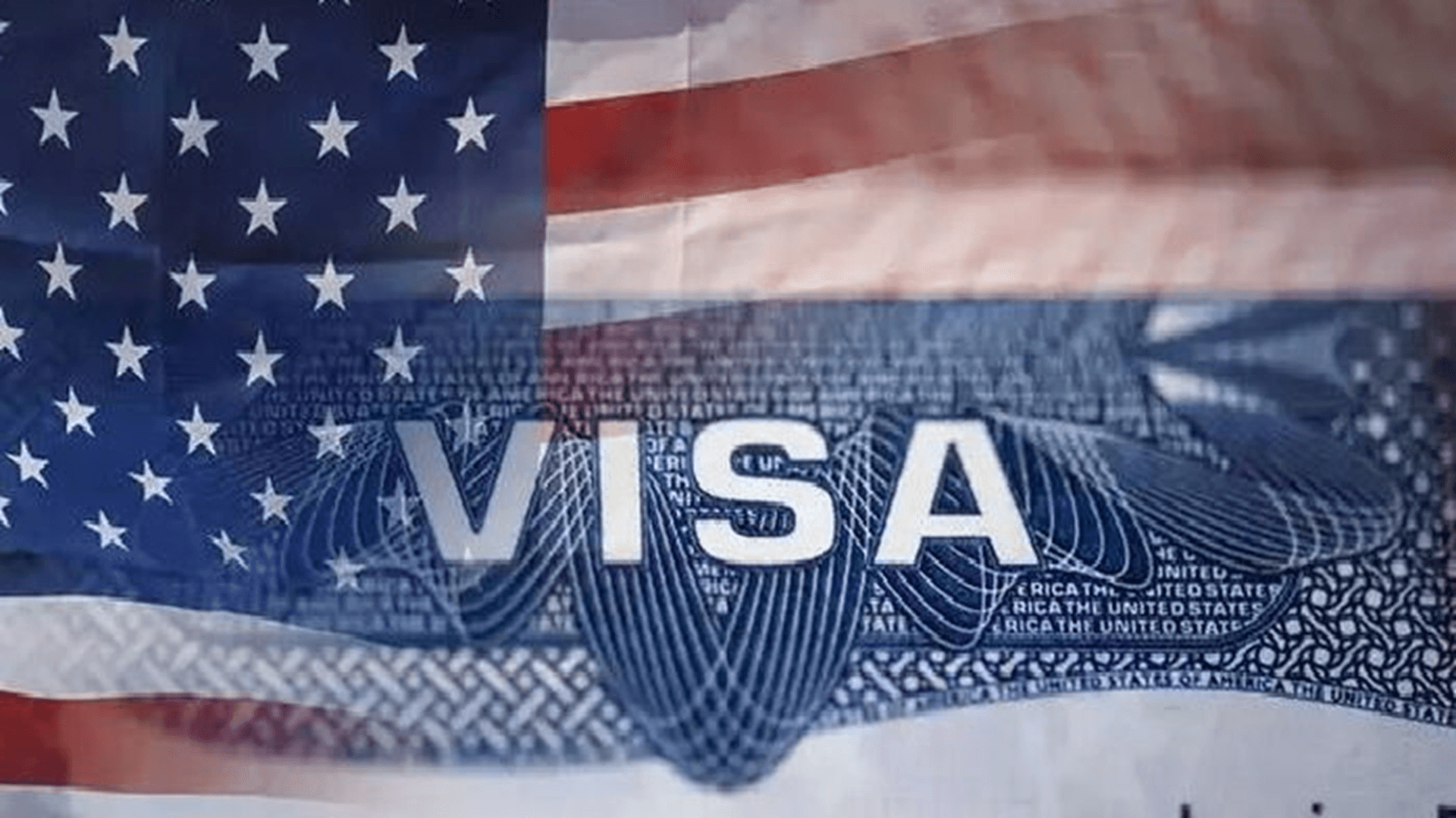U.S. Imposes Visa Bans on Foreign Officials Suppressing Free Speech
In a bold move to protect free expression, U.S. Secretary of State Marco Rubio announced a new visa restriction policy targeting foreign officials and individuals involved in censoring the free speech of American citizens. The policy, revealed on May 28, 2025, aims to hold accountable those who attempt to silence U.S. nationals, whether through actions taken in the United States or abroad, particularly in Europe.
The announcement, shared by Rubio via a post on X, underscores the U.S. commitment to safeguarding the First Amendment rights of its citizens. The policy specifically addresses foreign officials who engage in or facilitate efforts to suppress Americans’ ability to express themselves freely, including through online platforms, public discourse, or other mediums. While the statement did not name specific countries or individuals, it signals a proactive stance against transnational censorship efforts that have raised concerns in recent years.
This development comes amid growing global debates over free speech, particularly as governments and private entities grapple with balancing open discourse and combating misinformation. The U.S. policy appears to respond to instances where foreign governments or their representatives have allegedly pressured or penalized American individuals or companies for their speech, including on social media platforms. Such actions have sparked criticism from free speech advocates who argue that foreign interference undermines democratic principles.
The visa ban will apply to individuals deemed complicit in censorship activities, including government officials, their immediate family members, and private individuals acting on behalf of foreign governments. Those targeted may be barred from entering the United States, a measure intended to deter actions that infringe upon the rights of Americans to speak freely. The U.S. State Department has indicated that the policy will be enforced rigorously, with mechanisms in place to identify and investigate violations.
Rubio’s announcement has elicited mixed reactions. Supporters view it as a necessary step to protect American values in an increasingly interconnected world, where digital platforms can amplify cross-border tensions. Critics, however, question the policy’s scope and enforcement, raising concerns about potential diplomatic fallout or accusations of overreach. Some analysts suggest that the policy could strain relations with allies, particularly in Europe, where differing approaches to free speech and content moderation have occasionally clashed with U.S. perspectives.
The policy also highlights the evolving role of technology in free speech debates. Social media platforms, which operate globally, have become battlegrounds for competing legal and cultural norms. The U.S. move may pressure foreign governments to reconsider policies that impact American users, while also prompting discussions about reciprocity and the treatment of foreign nationals’ speech rights within the U.S.
As the policy takes effect, the international community will be watching closely to see how the U.S. identifies targets and navigates the complex interplay of diplomacy, technology, and human rights. For now, the visa ban stands as a clear message: the United States will not tolerate efforts to curb the free speech of its citizens, no matter where those efforts originate.


